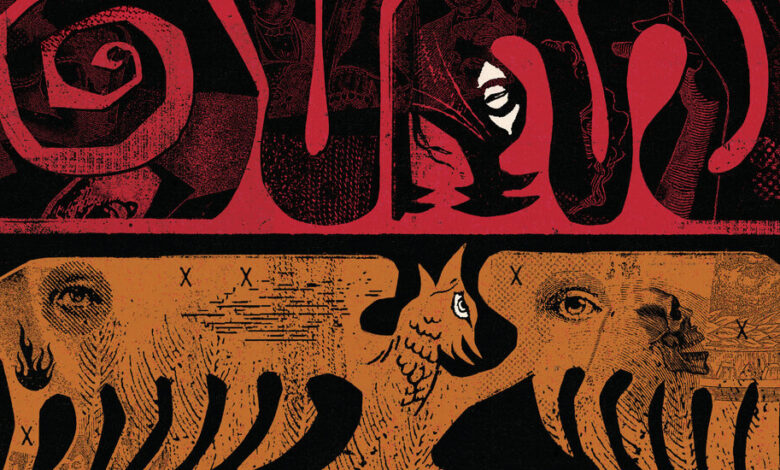‘Sunrise on the Reaping’ Review: Hunger Games Prequel Explores Haymitch’s Origins

Teenage Haymitch is a down-to-earth moonshiner’s apprentice who dreams of keeping his ma and little brother safe; building a future with his sweetheart, Lenore Dove; and staying out of trouble. It is his bad luck that, this year, the Games come with a cruel twist: To mark the second Quarter Quell, twice as many tributes are chosen from each district. He initially avoids selection, but when the second male tribute is killed at the reaping ceremony, Haymitch is taken instead.
The story that unspools from there features the familiar beats we’ve come to expect from a “Hunger Games” tale: the train journey to the Capitol; the cognitive dissonance of taking in its opulence and horrors; the pageantry and jockeying for allies and sponsors; and, of course, the countless nightmares of the Games. Many familiar faces from the original trilogy pop up too, including Beetee, a tech whiz former victor from District 3 whose own 12-year-old son, Ampert, has been reaped as punishment for his father’s attempt to sabotage Panem’s communications network. While Ampert organizes the more vulnerable tributes into an alliance, his dad recruits Haymitch to help sabotage the arena, hoping to end the Hunger Games once and for all.
Collins has not lost her flair for the grisly, and there are some horrifying scenes once the tributes reach the arena — a verdant garden of earthly terrors. Once again, we find ourselves complicit in the grotesque voyeurism of watching a bunch of scared, exhausted children get executed in increasingly brutal ways; a death by genetically modified squirrels is particularly haunting.
What saves Collins’s work from veering into torture porn is the ferocious humanity with which she imbues her characters. “Sunrise on the Reaping” features a vibrant cast, especially the other District 12 tributes — the precocious Louella, the pragmatic Wyatt and the surprisingly savvy Maysilee — and Collins draws out each character’s anguish and tenderness, their humor and stubborn hope, as they refuse to follow the Capitol’s script. This is the project of dystopian fiction: to shine a light in tyranny’s greasiest corners and show how people — ordinary, determined human beings — might take it apart.
“Sunrise on the Reaping” comes overloaded with poetry (passages from Edgar Allan Poe’s “The Raven” recur like a bad ear worm), song lyrics and four epigraphs, two of which are from the Scottish philosopher David Hume, who Collins said inspired the book. But if I were to add my own, I would offer the anthropologist Margaret Mead: “Never doubt that a small group of thoughtful, committed people can change the world; indeed, it’s the only thing that ever has.”
SUNRISE ON THE REAPING | By Suzanne Collins | Scholastic | 382 pp. | $27.99
Source link

